
Post by : Vansh
In the age of rapid technological advancement, a new and exciting partnership is taking shape—the fusion of AI and human creativity. This powerful combination is transforming the way we create, solve problems, and even imagine the future. From art and music to medicine and product design, artificial intelligence is no longer just a tool—it’s becoming a collaborator.
This fusion is more than just machines doing human tasks. It's about amplifying the human mind with intelligent support. Think of AI as a creative partner—capable of suggesting ideas, spotting patterns, and even generating original content. Together, AI and human innovation are crafting new realities that were once the stuff of science fiction.
Artificial Intelligence has made giant leaps in recent years. From language models to image generators and music composition software, machines are beginning to master tasks that once required deeply human traits—like emotion, intuition, and originality. But the real power lies in collaboration.
AI doesn’t replace the human touch. Instead, it enhances it. For example, graphic designers now use AI to generate multiple layout options, letting them choose and customize their favorite. Writers use AI tools to overcome writer’s block or generate fresh ideas. Musicians experiment with AI-composed tunes and harmonies to build full compositions.
In short, AI offers a limitless creative partner that works with lightning speed—offering possibilities that would take humans much longer to explore alone.
Across industries, we’re seeing powerful examples of this partnership. In healthcare, AI is being used to analyze medical images with stunning accuracy, but doctors still interpret results and make final decisions. The human mind is essential for empathy, ethics, and understanding context.
In fashion, brands use AI to predict trends and generate innovative designs. Still, designers bring their intuition, cultural knowledge, and storytelling to finalize collections. This balance creates fashion that is both on-trend and emotionally resonant.
Perhaps one of the most stunning examples is in art. Digital artists like Refik Anadol use AI-generated visuals to craft immersive experiences that feel alive. His works, often based on large data sets like weather or brainwave activity, are a beautiful mix of science, data, and imagination.
AI can learn patterns and simulate creativity, but human emotion and intuition remain irreplaceable. A machine can replicate a Van Gogh painting, but it doesn’t feel the sadness, longing, or joy that Van Gogh poured into his art. That’s where the human mind stands apart.
Innovators, artists, and thinkers tap into their personal experiences, emotional depth, and worldview. AI can assist by providing technical support, suggesting options, and enhancing output, but the spark of soul—the “why” behind the work—comes from humans.
This synergy works best when AI handles the “how” and humans focus on the “why.”
Looking ahead, the future of AI and human collaboration in creativity seems limitless. Education will likely incorporate more AI-powered tools that help students learn better, express themselves more clearly, and collaborate across the globe.
In entertainment, we may see AI-generated scripts, actors, and music—always guided by human storytelling and emotion. Interactive games and immersive experiences will blend AI-driven responses with human-directed creativity, offering more personalized entertainment than ever before.
In architecture and city planning, AI will model entire cities based on sustainability and population growth. But it will still take human vision to decide what kind of communities we want to live in.
Of course, this fusion is not without its challenges. The rise of AI-generated content has sparked questions about originality, ownership, and the role of the human artist. Who owns an artwork if it’s co-created with a machine? Can a machine plagiarize? How do we preserve human identity in a sea of algorithm-generated media?
These are critical questions, and the answers will shape the future of creative professions. The goal is not to fear AI, but to build ethical frameworks that protect human creativity while embracing technological advancement.
There’s also the issue of accessibility. Not all creatives have equal access to AI tools. Democratizing these technologies will be key to ensuring innovation benefits everyone—not just a privileged few.
The information provided in this article is for general informational purposes only. While efforts have been made to ensure accuracy and reliability, readers are advised to verify facts independently and consult relevant professionals before making any decisions based on this content. This article is published in good faith by MiddleEastBulletin and does not constitute professional or legal advice.
#trending #latest #MindMeetsMachine #AIandCreativity #FutureOfInnovation #HumanAndAI #TechFusion2025 #CreativeTechnology #AIInspiration #SmartInnovation #DigitalCreativity #MiddleEastBulletin #MiddleEastBulletin #MiddleEastNews #BreakingNews #LiveUpdates #BulletinLive #BusinessNews #WorldHeadlines #SocialUpdates #TechNews #HealthUpdates #EducationNews #ClimateWatch #SportsBuzz #TravelMiddleEast #VoiceOfTheMiddleEast #TrendingNow

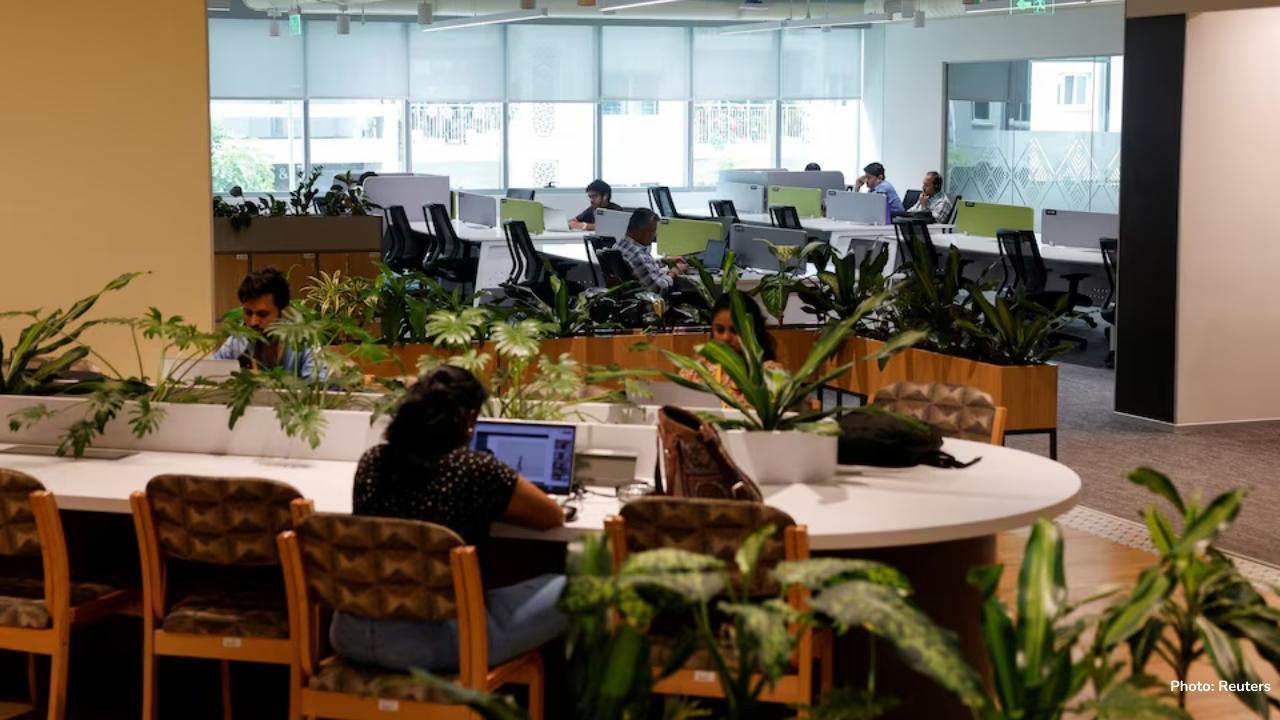
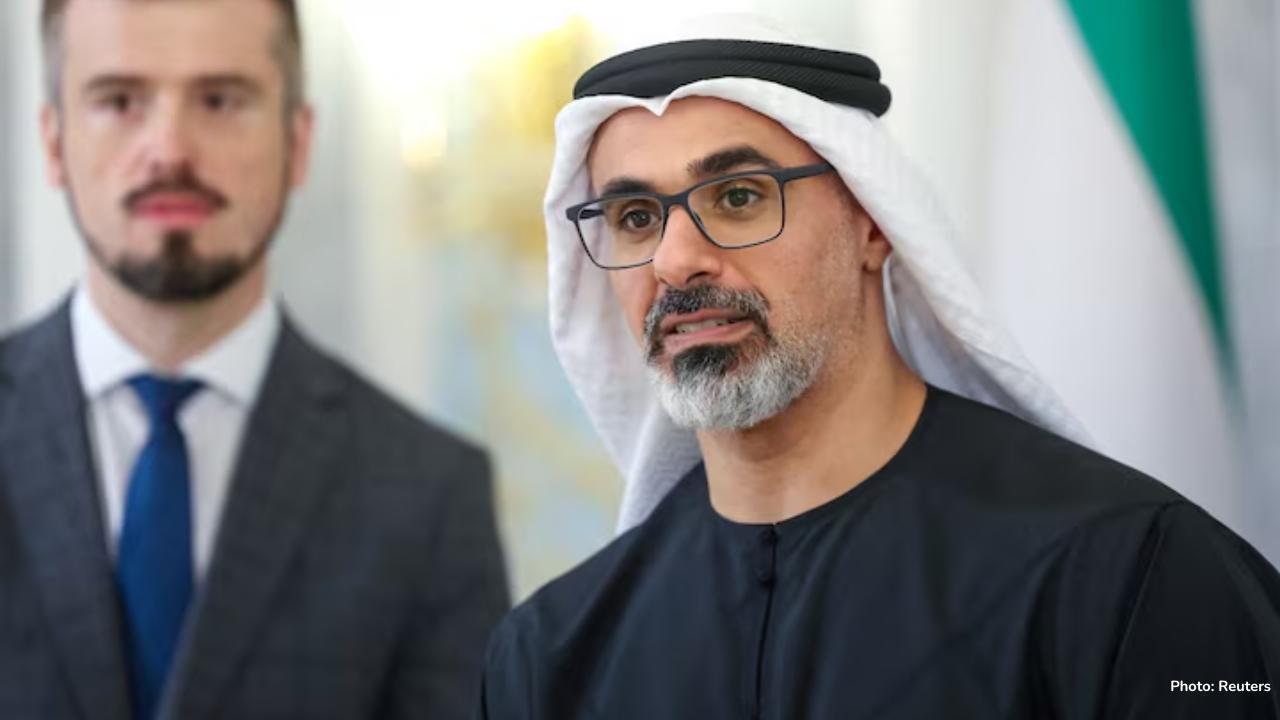



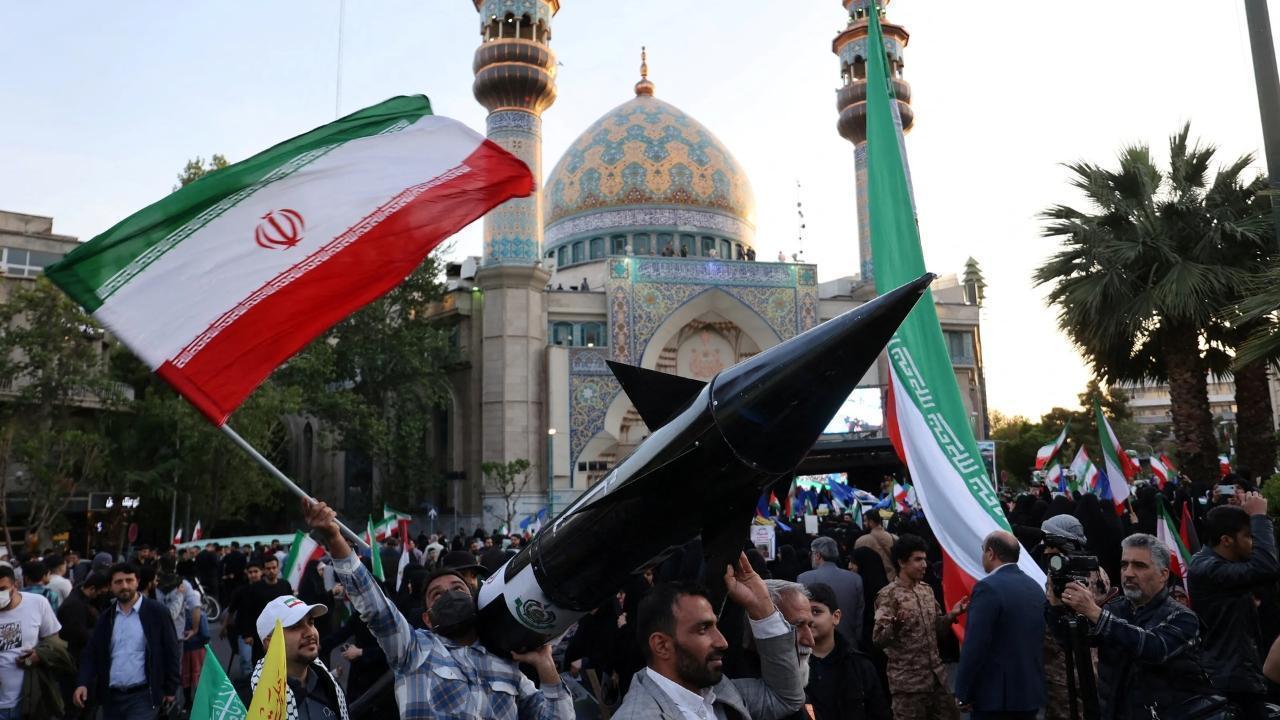
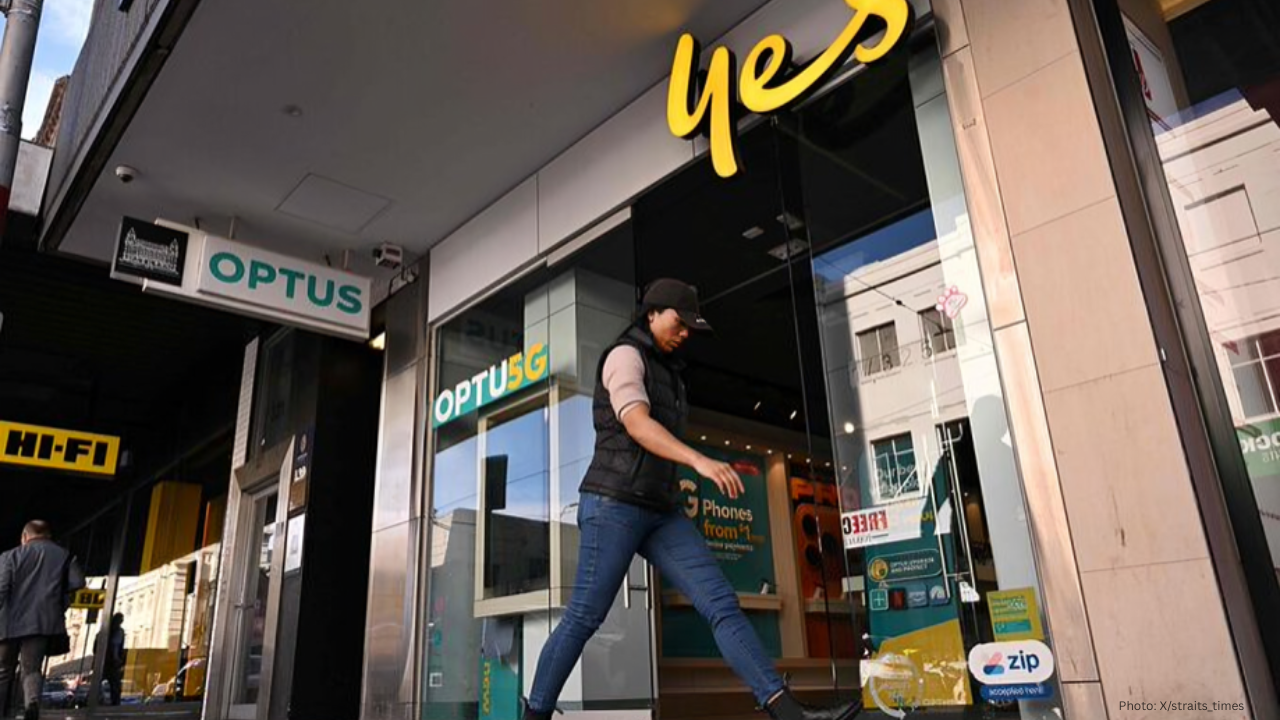
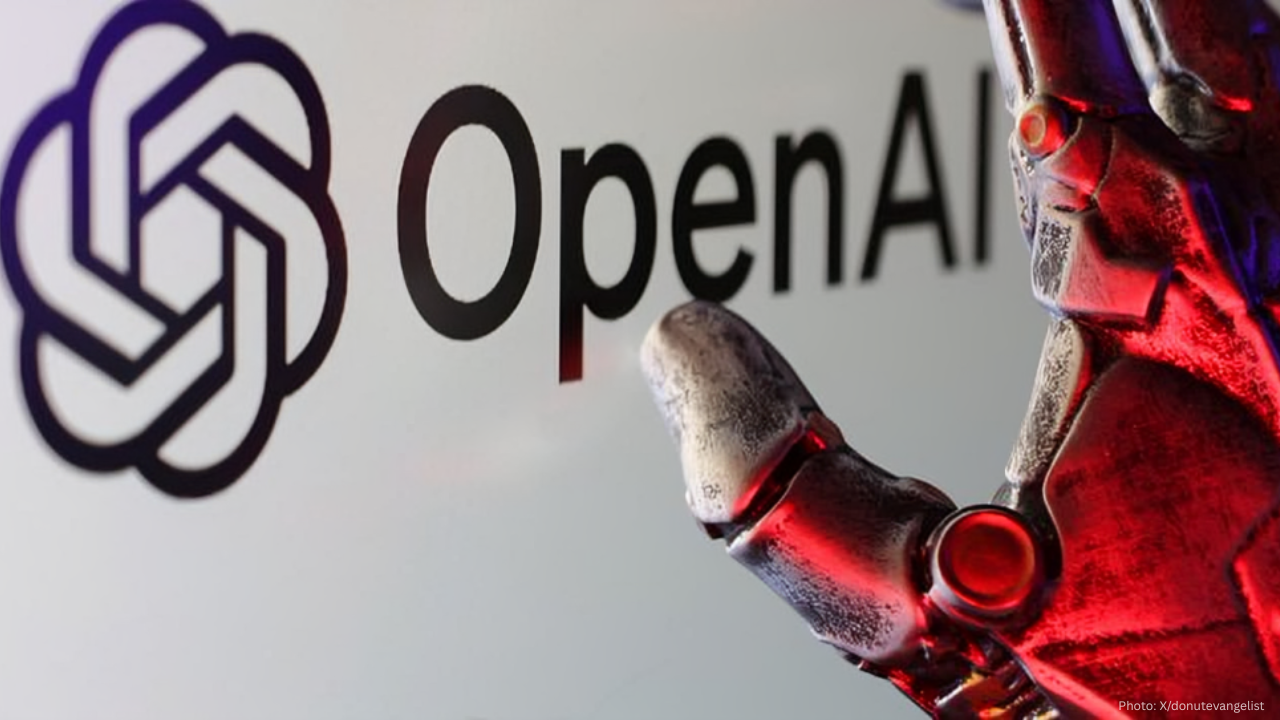

India Extends Export Incentive Scheme Until March 2026
India's government has extended the Remission of Duties and Taxes on Export Products (RoDTEP) scheme

Trump’s H-1B Visa Fee Pushes U.S. Firms to Move Work to India
New U.S. visa rules make it costly to hire foreign workers, leading U.S. companies to shift more job

Abu Dhabi Approves $11.4 Billion to Improve City Life
Abu Dhabi's Crown Prince Sheikh Khaled bin Mohamed bin Zayed has approved an $11.4 billion plan to e

Palestinian Authority's Role in UN Two-State Plan Explained
UN-backed plan outlines Palestinian Authority's role in Gaza governance, peace efforts, and state-bu

Dutch Ship Hit by Explosion Near Yemen, Crew Rescued
Dutch-flagged cargo ship Minervagracht attacked near Yemen's Aden; two crew injured, vessel on fire,

UAE Urges Netanyahu to Support Trump’s Gaza Peace Plan
UAE calls on Netanyahu to back Trump's Gaza peace plan and warns against West Bank annexation, empha